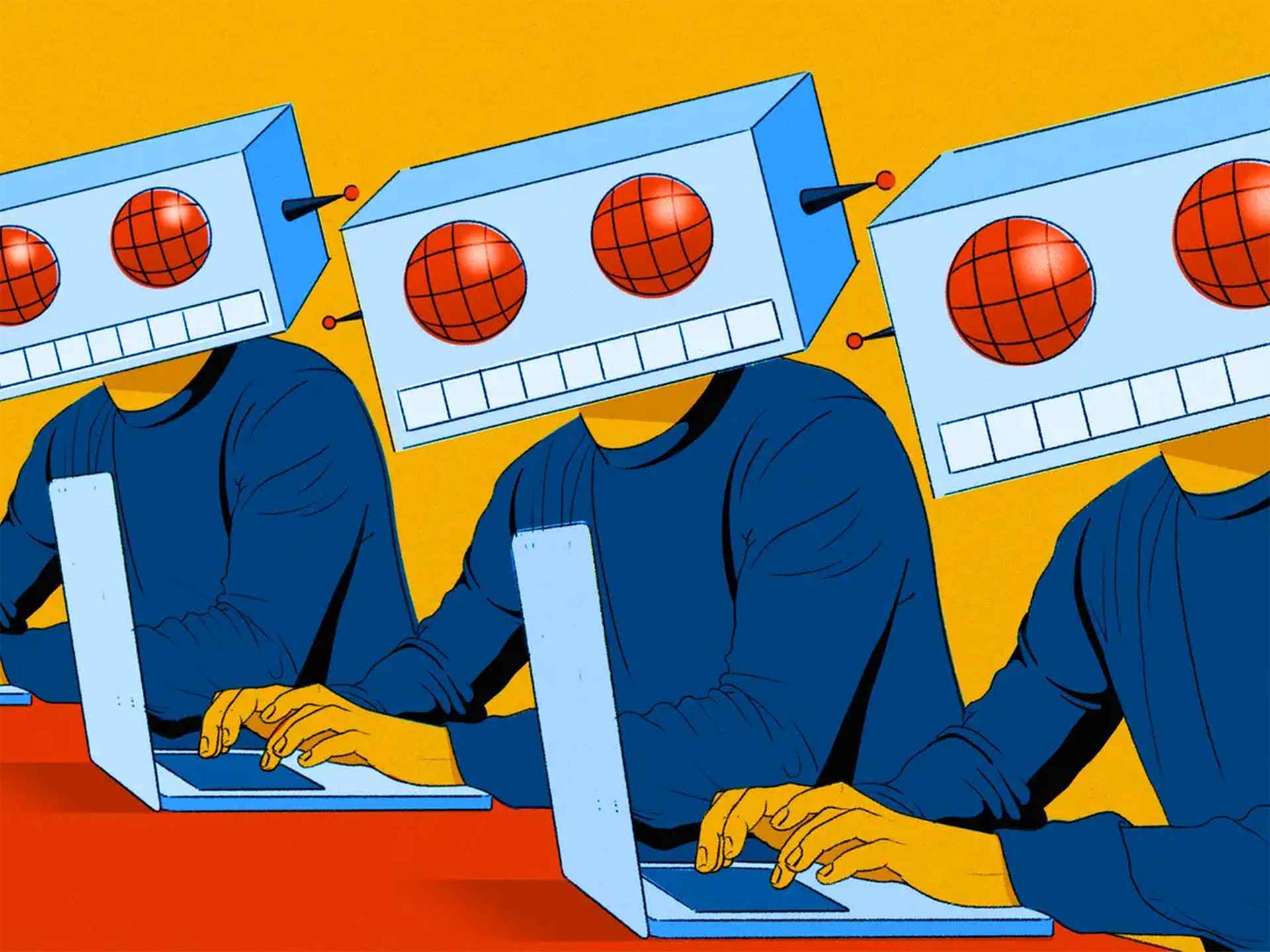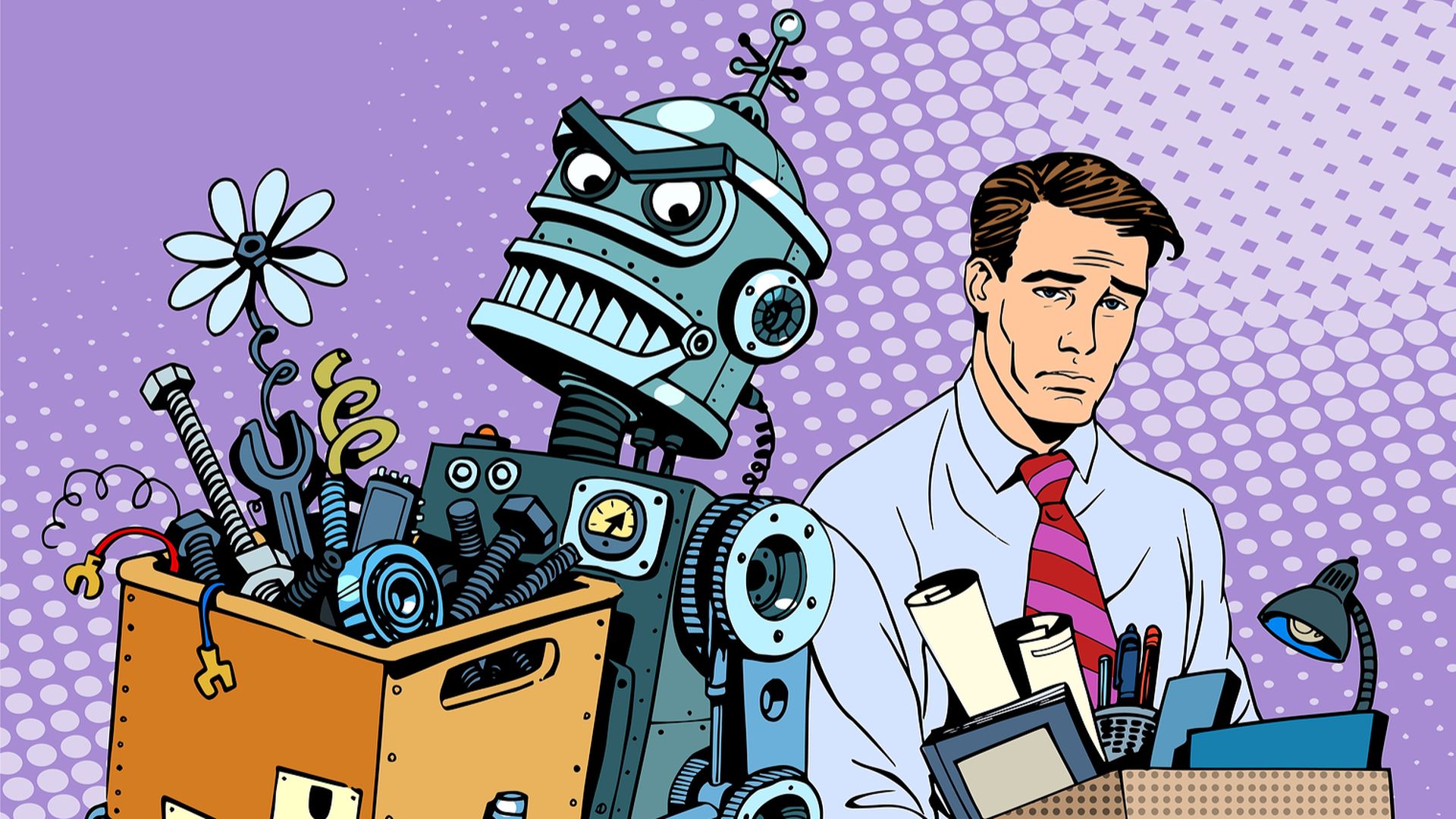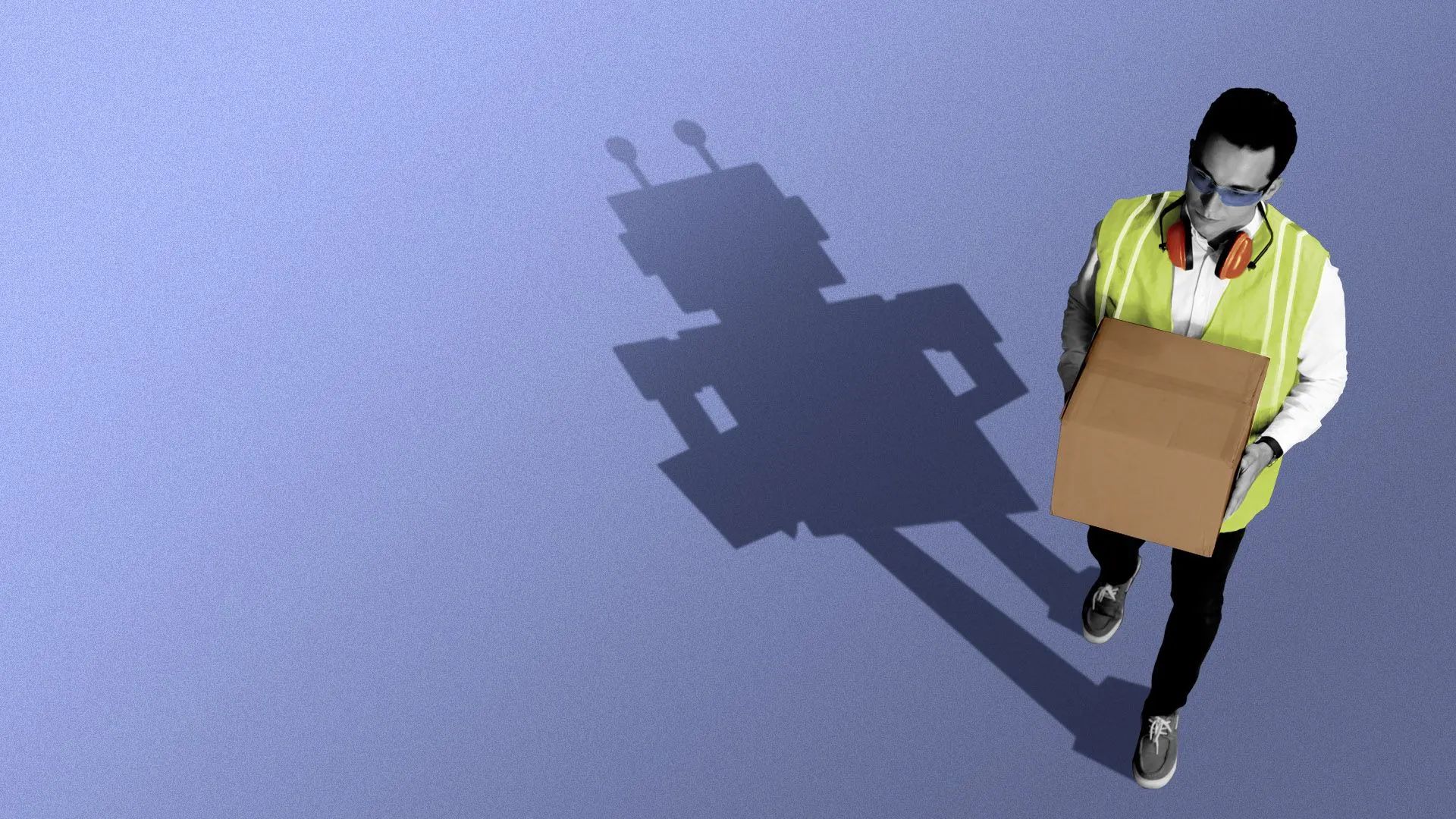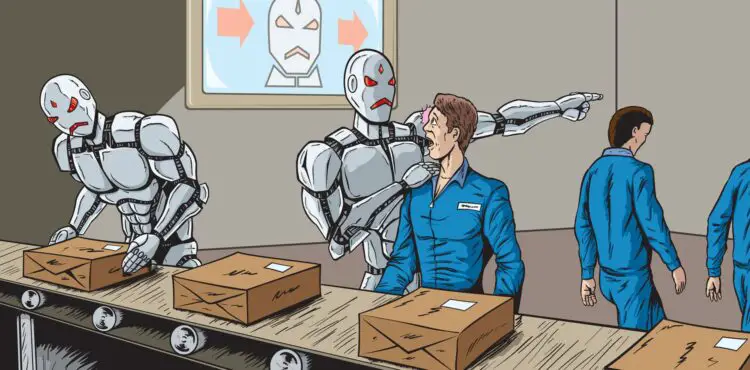Machine learning systems fuel ChatGPT, the immensely popular AI chatbot, yet those systems are instructed by human workers, many of whom aren’t paid very well. According to a recent NBC News article, the firm OpenAI, which powers ChatGPT, has been hiring a large number of American contractors to help it with the crucial work of data labeling, which involves teaching ChatGPT’s algorithms to better respond to user requests.
The reward for doing this crucial task? $15 is an exhilarating hourly rate. According to one employee, Alexej Savreux, “We are grunt workers, but without it, there would be no AI language systems.” “You may create as many neural networks as you like, and you can include as many researchers as you like, but without labelers, there is no ChatGPT. You are powerless.
You can read our articles about ChatGPT and AI world:
- ChatGPT to real estate industry: ‘Move over, humans, I got this’.
- ChatGPT restrictions are all over the world.
- Elon Musk announces ‘TruthGPT’ to rival ChatGPT.

The price of progress: ChatGPT’s data labelers paid only $15 per hour
Savreux and others have been tasked with the work of data labeling, which is an essential step in parsing data samples to aid automated systems in more accurately identifying specific things within the dataset. For machines to learn to better recognize certain objects on their own, labelers will tag certain items (be they unique visual pictures or types of text). By doing this, human workers play a significant role in the training of machine learning models, assisting automated systems to react to user requests more precisely.
NBC points out that most moderators are not highly paid for their job, despite the significance of their roles. In the instance of OpenAI’s mods, the data labelers are paid barely beyond what would qualify as minimum wage in several jurisdictions and do not get any benefits. The minimum wage in Kansas City, where Savreux is headquartered, is $7.25.
OpenAI admits to underpaying African moderators in chatbot moderation
Even if it’s awful, the way OpenAI now staffs its moderating teams is still an improvement. In the past, the corporation outsourced its job to moderators in Africa, where it could get away with paying workers as little as $2 per hour due to low wages and lax labor rules.

It has previously worked with a company called Sama, an American enterprise that claims to be committed to an “ethical AI supply chain“, but whose main business is bringing together large tech corporations with low-wage workers in developing nations.
Even if it’s awful, the way OpenAI now staffs its moderating teams is still an improvement. In the past, the corporation outsourced its job to moderators in Africa, where it could get away with paying workers as little as $2 per hour due to low wages and lax labor rules.
It has previously worked with a company called Sama, an American enterprise that claims to be committed to an “ethical AI supply chain,” but whose main business is bringing together large tech corporations with low-wage workers in developing nations.
Artificial intelligence (AI) may appear to function by magic, waking up and reacting to user queries as if by incantation, yet thousands of unseen human employees who deserve more are assisting AI.

According to CEO Sam Altman on Twitter, OpenAI is still a tiny business with just 375 workers as of January. However, this figure does not include contractors and does not accurately represent the company’s entire scope or its aspirations. No one was available to respond to inquiries concerning OpenAI’s usage of AI contractors, according to a spokeswoman. OpenAI is expected to have a net worth of $29 billion by 2023.
It’s not always easy to create the data needed to train AI models, and there are instances when it’s complicated enough to draw in would-be AI entrepreneurs.
If you want to learn ChatGPT’s net worth and how OpenAI makes money, click on our article.





